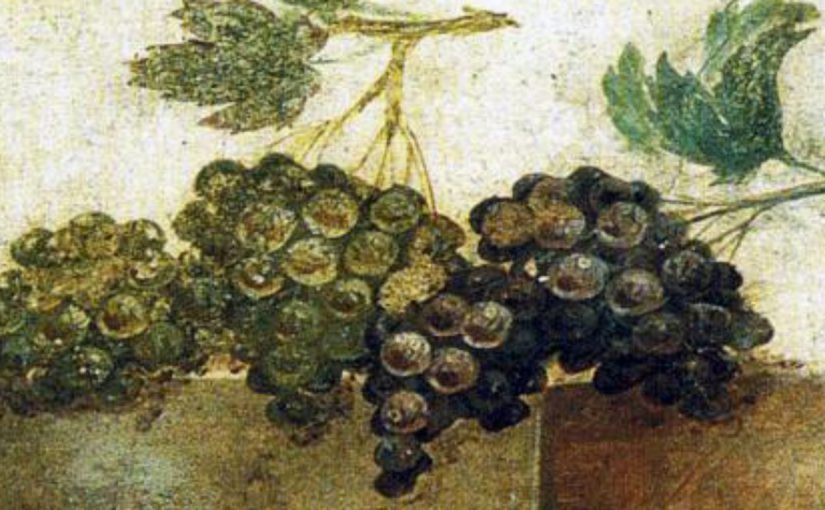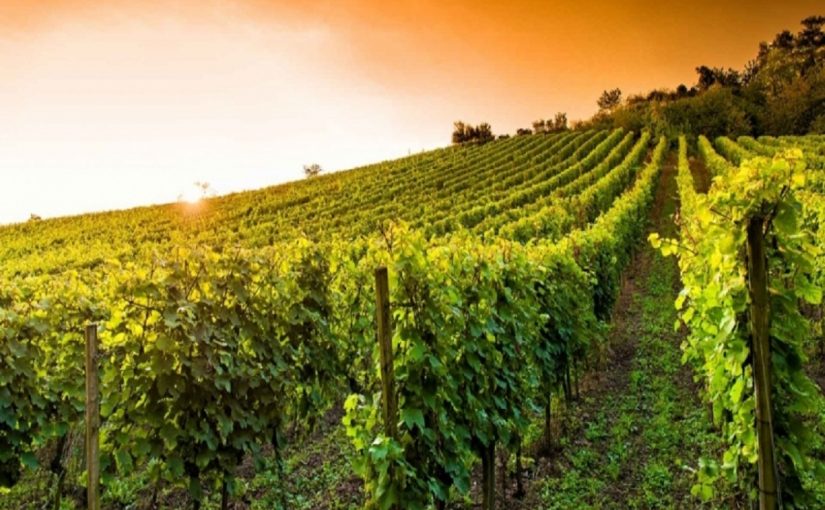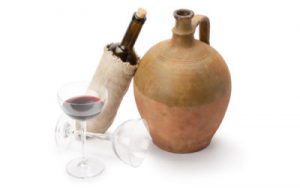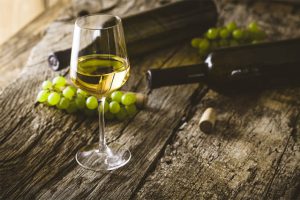14.6.2018
LEGEND AND HISTORY
A legend tells that the Greek athlete Milo of Croton was able to drink 10 liters (2.6 US gal) of Ciró wine each day. True or false, this story recalls the ancient tradition of a region, Calabria, in the very middle of Mediterranean basin to be devoted to winemaking.
History, instead, tells that this land was first cultivated by the Oenotrians, and then by the ancient Greeks. Does this tradition say that the wine is still made in the same way today as it was in Milo’s time?
A problem hard to solve. Anyway, the Italic tribes, inhabiting the region, were colonized by the Greeks, who, coming to the area, brought the art of winemaking. Greeks called the area Enotria that meant “land where the vine is cultivated high above the earth.”
Nowadays, a lot of wine is produced in Calabria, the DOC wine called Cirò is the most known, even if there are other DOC’s that produce wine, only Cirò has ancient roots. It was used, according to a legend, to produce Cremissa, in a Greek colony known today as Cirò Marina, a beverage offered as a toast to the gods by the Olympic champions of ancient Greece.
Today, there are about a dozen producers of Cirò, bottling about 30,000 hectoliters per year. In the past, there are records from the 4th century B.C. which indicate a vineyard in the area of Cirò Marina, and there is a group of people living today called the Grecanici who allegedly trace their roots back to Odysseus and the survivors of the Trojan War.
The DOC Cirò is located along the Ionian coast, this wine is made also a Bianco (White), and Rosato (Rosè), but it is the Rosso (Red) that is most famous; the latter is made with at least 95% of the wine coming from Gaglioppo grapes, plus 5% of Trebbiano or Greco Bianco grapes.
The very ancient grape is, therefore, Gaglioppo, which is indigenous to the territory of Calabria.
It recalls all the scents of this central Mediterranean land of food and wine, all the aromas of Ionian Sea, due to the close proximity of vineyards to the seacoast, and all the marine fragrances both of the mesoclimatic land of Calabria and of its fertile soil volcanic.
A HISTORICAL REMINISCENCE OF MANY PEOPLES
Calabria and its wines can tell the more ancient history of Mediterranean, and especially Cirò wine has been subject to many influences over the centuries.
History of Calabria wine is all stretched between two extremes (the Greek roots and the 20th century revival). In fact, at first, the ancient Greeks cultivated the first wine-bearing vines, and then the wines for many centuries were famous in other European countries, until French regions in 1500 such as Bordeaux invaded the closer both geographically and culturally key markets of London and Amsterdam. In the late 19th century, the phylloxera epidemic wasted Calabria’s vineyards and its wine industry disappeared, until his revival in the 20th century.
In the middle of this long history, there are many steps where Calabrian wine (especially Cirò) seems a sort a recapitulation of life and culture of many peoples. In the Imperial Age, Calabrian wines were among the most sought-after and were praised by Virgil and the Elder Pliny.
After the advent of Christianity and the formation of the monastic structures, viniculture played a key role in the advancement and consolidation of Calabrian civilization and economy. In fact, a great care was devoted for the vineyards and the production of wine by the religious practices and Christian rituals.
On the other side, the peoples of the Middle Ages and of 1500s are well represented by the quality of local production attested to by numerous documents and reports (for example the appreciations by Pope Paul III and his cupbearer Sante Lancerio).
The medieval history of wine is condensed in the practice to use “palmenti”, very large stone troughs carved in the rock and used for treading grapes. These tools are testimony to the great vinicultural activity that took place over the middle age.
Life and its food and wine had a painful interruption in 1800, the traces of rural life became weak after the great waves of emigration that were brought by the dissolution of Bourbon Kingdom and by the unification of Italy. The ancient and consolidated tradition universe of wine was lost, and then happened the abandonment of cultivated lands and the marginalization of a production, which nevertheless retained its quality characteristics.
Only in 1970s, farmers and producers dedicated again themselves to the revival of native grapes, saving the cultural heritage of Calabria. Everyone could say today that Calabrian wine is the real historical reminiscence of many peoples of the past.
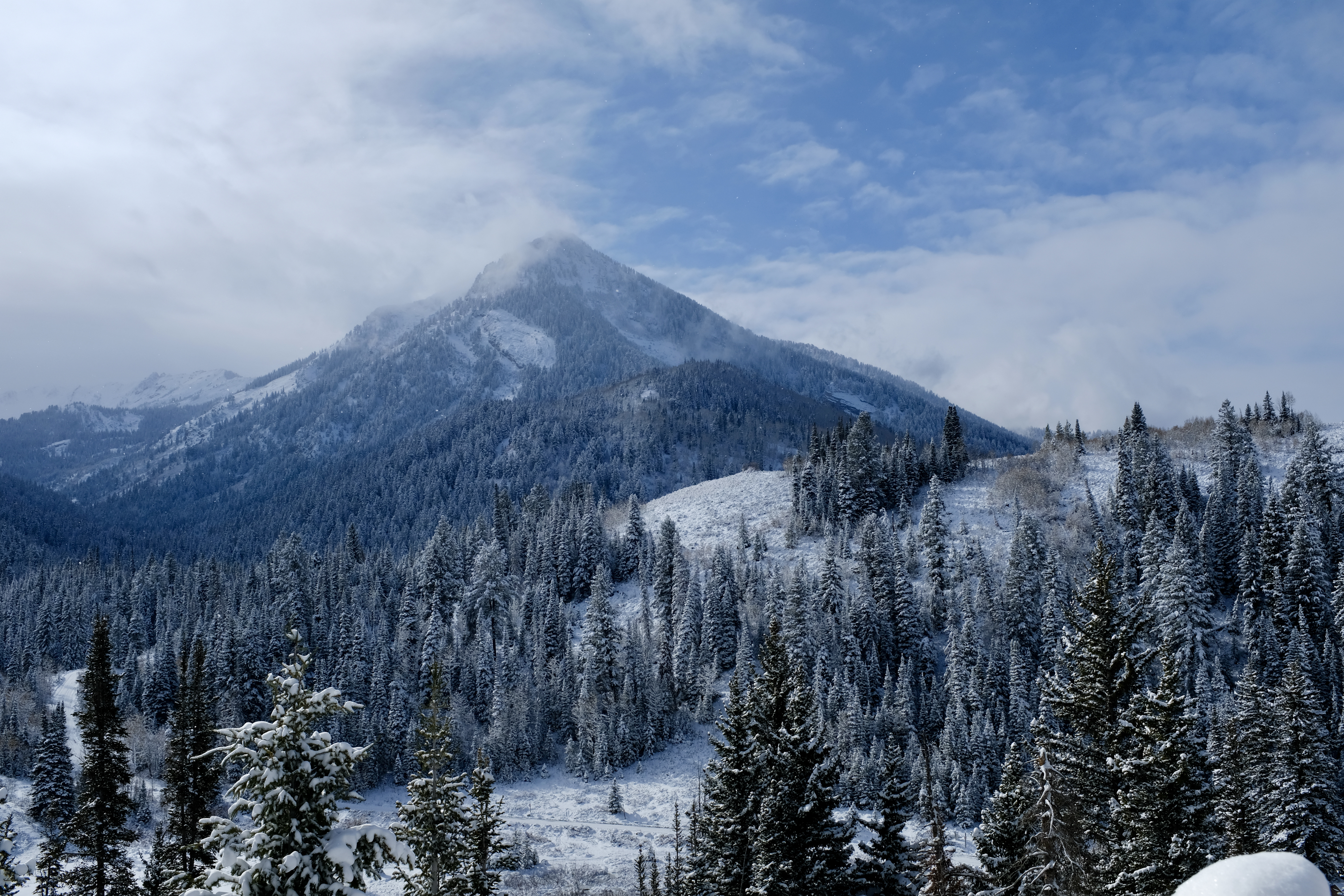
SMAF LTD
Explore our products, coming from CALABRIA. Order the food and beverage products that allow you to explore the Mediterranean diet of a remarkable region. Surrounded by two seas and adorned with pine forests, mysterious villages, natural habitats, and rich biodiversity. Discover handcrafted delicacies that embody the soul of the land: sun-ripened fruits, premium olive oils, bold wines, artisanal cheeses, and traditional cured meats, all crafted with passion and authenticity.

